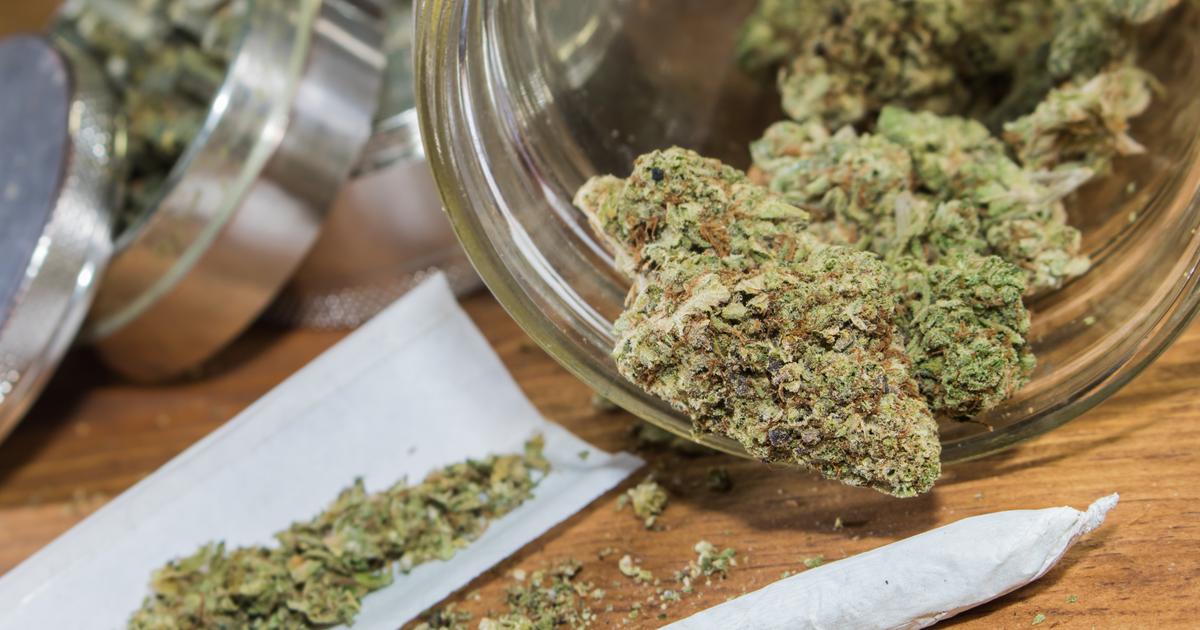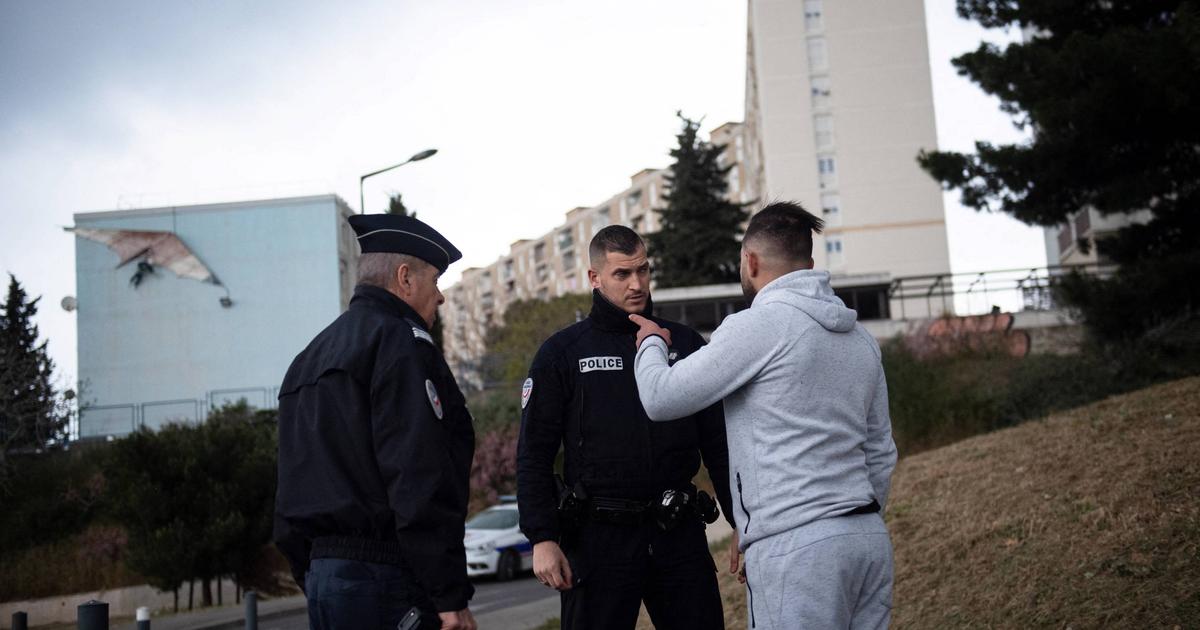Pierre-Marie Sève is general delegate of the Institute for Justice (IPJ), an association of citizens mobilized alongside the victims.
The statistical service of the Ministry of the Interior publishes monthly reports that delight anyone observing insecurity.
Recently, a new report revealed by
Le Figaro
makes the statistical link between drug trafficking and delinquency.
Nothing new under the sun
This link is nothing new and it will not surprise anyone.
It seems relatively obvious that drug traffickers and users tend to commit more crimes and offenses than the average population.
But this report first has the advantage of publishing figures confirming this feeling.
However, we can go further.
One of the fundamental keys of criminology is the fact that habitual offenders are, in general, far from confining themselves to a single type of offence.
They are “multitasking”.
Indeed, several sociological studies have even proven that a minority of delinquents commits a majority of offences.
This is how a study by sociologist Sébastien Roché made people talk about it in the early 1990s. He questioned 2,300 college students about the offenses they committed.
5% of these college students confessed to committing 48% of petty crimes and 86% of serious crimes.
Estimated at 3 or 4 billion euros and net of taxes, drug trafficking would directly and indirectly support around 236,000 people.
Pierre-Marie Seve
On the other side of the Atlantic, in Quebec, criminologist Maurice Cusson had published a study in the International Review of Criminology and Technical Police in which he noted that 5% of teenagers in Montreal were responsible for 60% of crimes.
These studies, taken up in his time by the President of the Republic Nicolas Sarkozy, therefore tend to prove in particular that justice must be particularly severe with these 5% of "incorrigible" offenders.
They have to stay in prison for a long time.
Another lesson: not all offenders commit serious crimes, but those who commit serious crimes also commit small ones.
It remains for the courts to take note of this.
The importance of defeating the drug trade.
But this study also has the merit of recalling the urgent importance of the fight against drugs.
This traffic is already immense.
Estimated at 3 or 4 billion euros and net of taxes, drug trafficking would directly and indirectly support around 236,000 people.
The cannabis market, for example, has been multiplied by 6 in 10 years and Paris has become the European capital of crack.
The danger of this fight against drugs is not only to allow the disastrous consequences of drugs on the health of citizens to develop, but also to allow the development of drug trafficking networks.
The more criminal organizations grow in power, the more they infiltrate society, through corruption, to the police, the army and high political offices.
This phenomenon thus makes each passing day higher the cost of dismantling trafficking.
The cartel war in Mexico, for example, claimed about 300,000 victims in 15 years.
Justice that does not punish the guilty maintains the feeling of impunity and this feeling of impunity encourages offenders to commit more crimes or offences.
Pierre-Marie Seve
But how do you beat the drug trade?
However, this trafficking seems to be incompressible phenomena of human life: there will always be drug users and therefore always traffickers.
This is absolutely true, but to keep this trafficking at acceptable levels, the SSMSI study puts us on the path to the solution: crime linked to drug trafficking must be fought as for any crime.
On this subject, let us recall the importance of the role of justice in the regulation of this crime.
Justice that does not punish the guilty maintains the feeling of impunity and this feeling of impunity encourages offenders to commit more crimes or offences.
Let's end with a warning issued to the French State by the prefect Michel Aubouin, author of the book "40 years in the cities".
In particular, he announces that if one day the government decides to fight against drug trafficking, the cities could enter into an insurrectionary mode and
"then France will be able to tremble, because it will no longer be a question of operations to maintain the order but of war operations requiring means that we are not sure we have
.
France is certainly not yet Mexico, but if we are not vigilant, we could well take the path.









